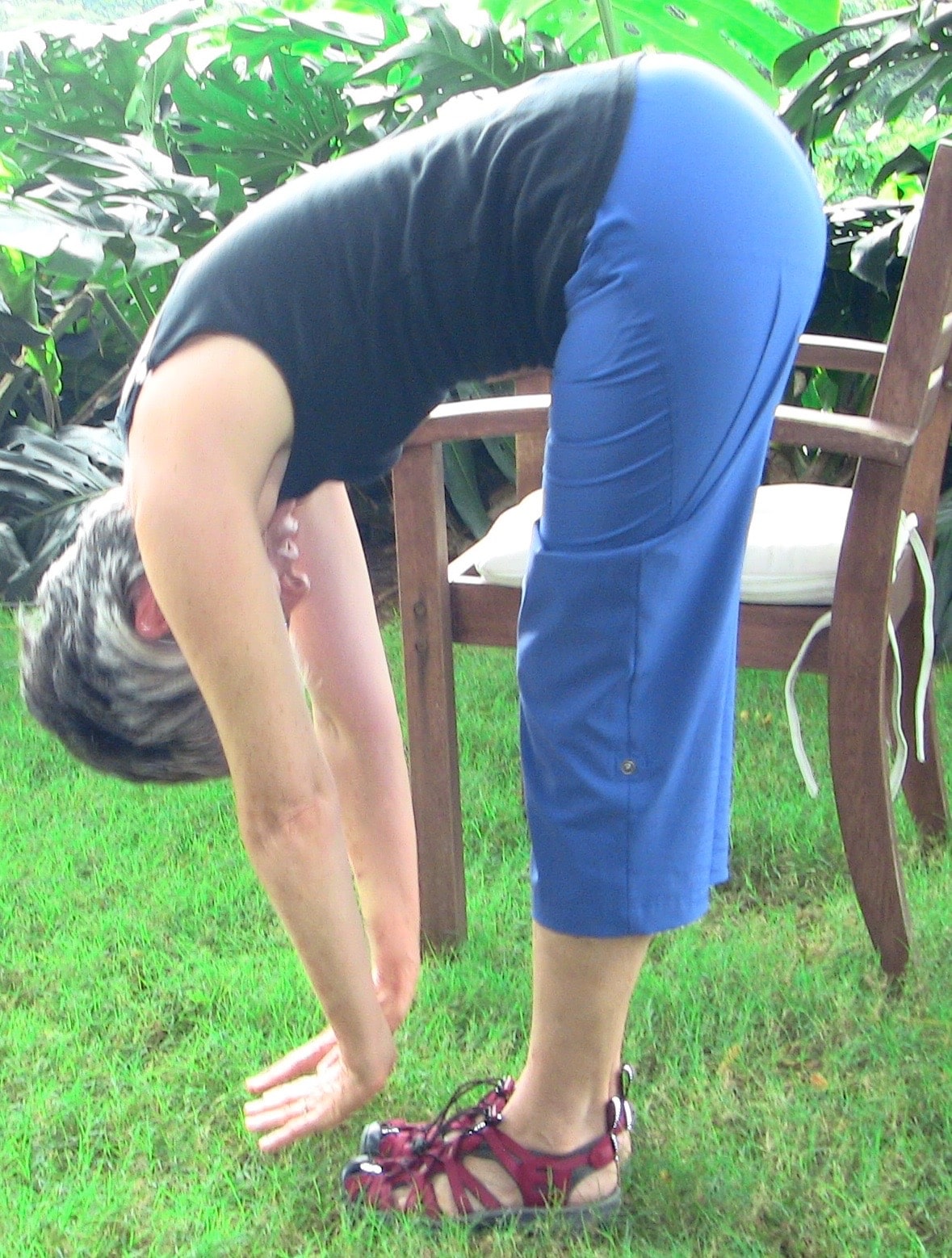OK, maybe this article should have preceded last months’ newsletter. Some of you, after reading the newsletter article on 100-Day Gongs, wrote to ask, “What is a Gong?” I’ll start at the beginning. “Gong” is a Chinese word that is often generally translated to mean cultivation or work. In qigong, martial arts, and other practices, accomplishing a Gong is considered the most effective way to truly change old patterns and integrate new ones. A Gong consists of doing a chosen practice for a pre-selected, consecutive number of days.
Length of a Gong: Often 100 days is chosen, as the maximum benefit will be realized. Some teachers tell us that the first 40 days are needed to release old physical, mental and emotional patterns/habits. The next 60 days are to establish, integrate and stabilize new supportive and healthy patterns. After 100-days the new patterns easily become part of your new way of being.
It is common to hear of 7-, 28- and 40-day Gongs. If you are not sure you want to undertake 100 days, then try a shorter Gong to see what effects and benefits you notice. This can be an excellent method for gaining courage, resolve and insight into what it takes to accomplish a 100-day Gong. A shorter Gong can also be helpful when exploring a new practice.
Whichever length you choose for your first Gong, I recommend that you do not miss even one day, if you are desirous of obtaining the most benefit. But of course, it is up to you. Some teachers say it is OK to skip a day here and there but for me dedicating myself to spend time each day with my practice made it much more powerful. I learned a lot about the practice I chose, my inner landscape and discipline.
Picking a Practice: For your first Gong, I suggest you pick a practice length that you can easily accomplish; 20-45 minutes each day is enough to achieve benefits. You may choose to do the breathing exercises, or Lift Qi Up Pour Qi Down, or a series from the Body Mind Method such as Crane Necks, Bend the Body, and Hip Rotations. A different practice or a combination of practices is fine, too.
However, doing the same practice each day, especially for your first Gong is best so that you can master that particular practice. Later on you can mix and match more and increase the length of your Gong practice to 60+ minutes. If you are faced with an illness or emotional upset, undertaking a practice of an hour or more can help support you in reclaiming a more balanced state.
When to Practice: You can practice anytime you like. Find a time that is best for your schedule and try to set that time aside for your daily practice. For me, first thing in the morning is best, before breakfast, on an empty stomach. I like to start the day feeling grounded, calm and centered.
Many years ago I was deeply inspired by a fellow practitioner who is a CEO of a large local company, father of two young ones, and active in the community. He gets up in the morning before the rest of the family to practice for one hour. After the kids go to bed, he practices again for one hour. He has arranged his schedule because the benefits he derives are so important to him. If he can do it, most of us certainly can.
Think about the variety of things we do each and every day to take care of ourselves: brushing our teeth, taking a shower, eating, walking the dog, and so on. You can think of your practice as one of those everyday activities.
“Time is a created thing. To say ‘I don’t have time,’ is like saying, ‘I don’t want to’”.
Lao Tzu
Keeping Track: Some people like to use a chart or calendar to mark each practice with something like a smiley face or flower; others find that intimidating. Use a method that is supportive of your nature.
Be sure to approach your practice with light-heartedness – have fun. We don’t need take our Gongs (nor ourselves) too seriously. One of our Chinese teachers used to encourage us with this well-known marketing slogan: “Just do it!”
For more insights, please read or re-read last months article Gong Journeys.







